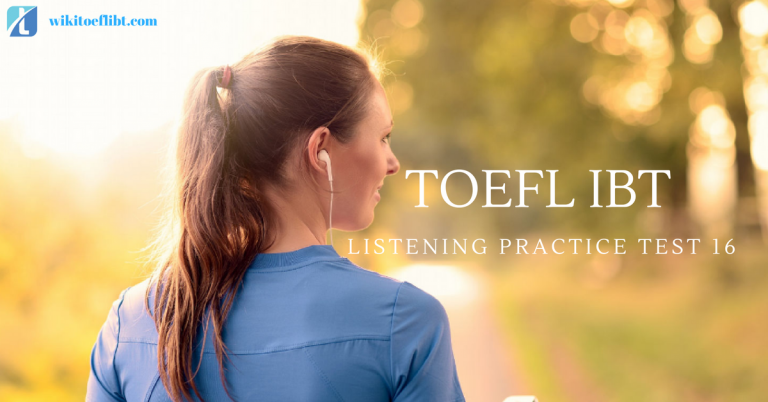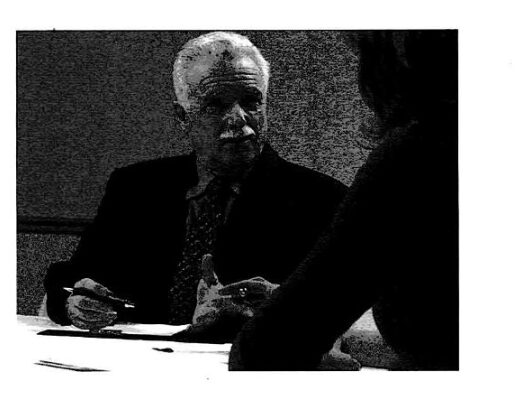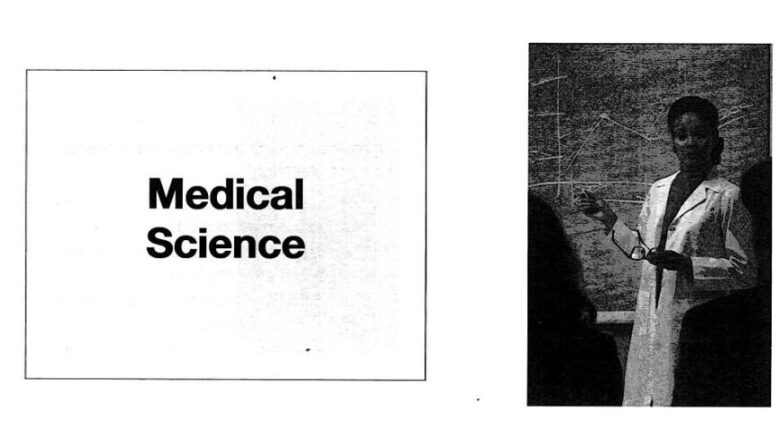Conversation 23-27: O Listen to part of a conversation between a student and a professor.
23. Why does the student visit the professor?
A She wants to discuss her work at the autism center.
B She is having difficulty in choosing her thesis topic.
C She needs to choose a different subject for a paper.
D She wants to discuss the different ways to treat autism.
24. What danger does the professor warn the student about concerning the field of study she is interested in?
A Too many people are writing about that field these days.
B There are very few resources concerning her field of study.
C Her field of study is open to prejudicial opinions if one is not careful.
D There is a lot of controversy with many conflicting opinions in the field.
25 Listen again to part of the conversation. Then answer the question
A. She should make sure she understands everything she observes.
B, She should not make any judgments until her study is complete.
C. She must learn as much about autism as she can before beginning.
D. She needs to keep her opinions to herself throughout her research.
- What was the professor’s attitude when the student mentioned some of the mothers were raising autistic children alone?
A He found this to be very curious.
B He was somewhat disinterested.
C He felt sympathetic toward them.
D He was heartbroken by the thought.
27. What can be inferred about the professor from the conversation?
A He has some knowledge in the area the student wants to study.
B He is the school’s leading expert on the student’s area of study.
C He was not really interested in the topic the student chose.
D He is a single parent trying to raise his own autistic child.
Lecture 28-32: O Listen to part of a lecture in a medical class.
- What is the main topic of the lecture?
A, Bloodletting and the history of blood transfusions
B The history of blood transfusions and how plasma is used
C The history of blood transfusions and different blood types .
D. Different blood types and how plasma is used by doctors
- Listen again to part of the lecture. Then answer the question,
A; It was once considered good medical practice.
B It was an unusual medical treatment of the time.
C; It is still an accepted medical practice.
D; It is similar to how people donate blood.
30 According to the professor, what is true about the use of blood transfusions?
A. It was very common in the seventeenth century. – •
B. It saved many soldiers’ lives during wartime.
C. It helped lengthen George Washington’s life.
D. It did not become common until recently.
31 . Listen to part of the lecture. Then answer the question,
A She thinks that there are enough donors with O negative blood.
B , She believes transfusions with O negative blood are the best type.
C She worries that there are not enough blood donors in the country.
D She feels there is not enough O negative blood donated in America.
- In the lecture, the professor discusses the types of human blood. Indicate to which blood type the following statements are related.
Click in the correct box for each sentence.
| Rh factor | Plasma | Type O- | Type AB | |
| A. It can be given to any patient. | ||||
| B. It can be positive or negative. | ||||
| C. It can receive any type of blood. | ||||
| D. It is used to treat trauma victims. |



